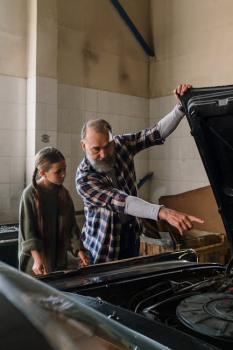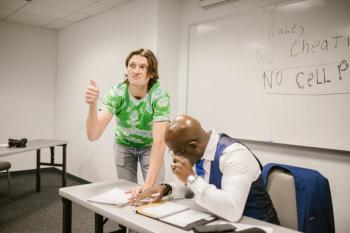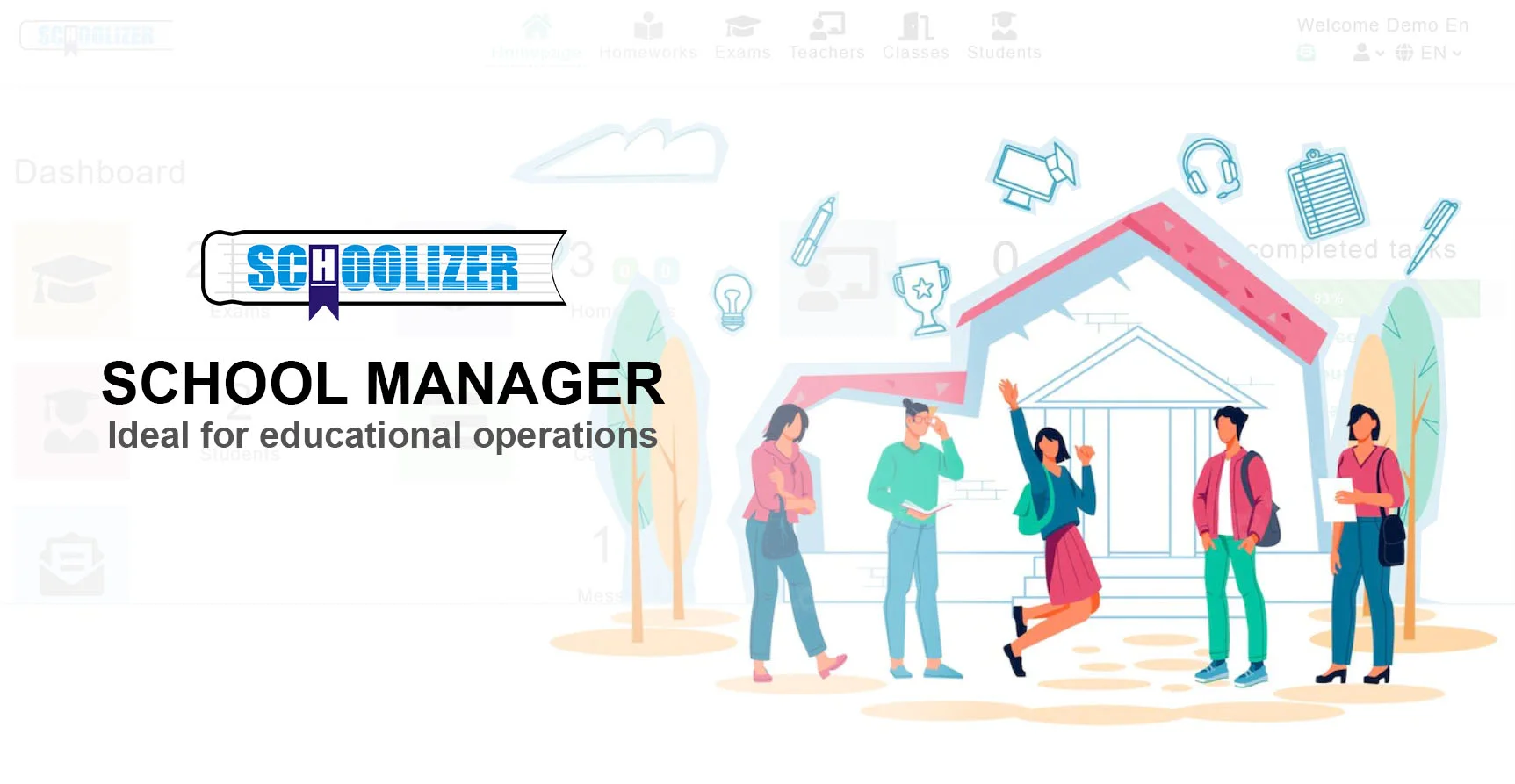Rethinking High School: How One State Transformed Education for Students Not Bound for College

Rethinking High School: How One State Transformed Education for Students Not Bound for College
What if high school wasn't just a stepping stone to college? Why do many education systems still operate under the assumption that every student will pursue a four-year degree? How can schools better prepare students for the diverse career paths that await them after graduation? These are the questions driving an educational revolution in states like Delaware, where policymakers are reshaping high school to reflect the reality that not everyone is college-bound.
The College-For-All Fallacy
For decades, the American education system has pushed a "college-for-all" mentality, often neglecting students who might thrive in skilled trades, technical careers, or other non-college pathways. This approach has left many graduates unprepared for the workforce, burdened with debt from degrees they never completed, or lacking practical skills employers demand.
Delaware's innovative approach recognizes that while some students will attend college, others may find success through apprenticeships, vocational training, or direct entry into well-paying careers. The state has implemented career pathways that allow students to explore different industries while still in high school, gaining both academic knowledge and hands-on experience.

Building Career Pathways in High School
From Classroom to Career
Delaware's model creates structured programs where students can:
- Earn industry-recognized certifications
- Complete paid internships with local employers
- Take college-level technical courses
- Develop professional networks before graduation
For example, students at Sussex Technical High School can specialize in fields like automotive technology, healthcare, or information technology, graduating with both a diploma and professional credentials that make them immediately employable.

Partnerships That Power Change
The success of Delaware's approach relies heavily on public-private partnerships. Local businesses help design curriculum, provide equipment, and offer work-based learning opportunities. This ensures students develop skills that match actual workforce needs rather than theoretical knowledge that may not translate to employment.
One standout example is the partnership between high schools and Delaware's growing pharmaceutical industry. Students can train as lab technicians through a combination of classroom instruction and on-the-job training at companies like AstraZeneca, potentially securing well-paying jobs right after high school.

Measuring Success Beyond Test Scores
Delaware's initiative challenges traditional metrics of school success. Instead of focusing solely on standardized test results or college acceptance rates, the state tracks:
- Industry certification attainment
- Work-based learning participation
- Post-graduation employment rates
- Wage growth over time
Early results show promising outcomes, with participants in career pathways programs demonstrating higher graduation rates and stronger post-secondary outcomes compared to peers in traditional academic tracks.

Addressing Equity Concerns
Critics initially worried that career-focused education might track certain students—particularly those from low-income families or minority groups—into limited opportunities. However, Delaware's approach emphasizes that all pathways remain open to all students, with careful attention to:
- Equal access to information about options
- Flexibility to change pathways
- Integration of academic and technical skills
The program has shown particular success in engaging students who might otherwise disengage from school, providing tangible connections between their education and future aspirations.

Lessons for Other States
Delaware's experience offers valuable insights for education systems nationwide considering similar reforms:
- Start with employer needs when designing programs
- Invest in teacher training for career-focused instruction
- Create flexible systems that allow for course corrections
- Measure what matters for student success
As the nature of work continues evolving, more states may need to follow Delaware's lead in creating high school experiences that prepare all students—not just college-bound ones—for economic success and personal fulfillment.







